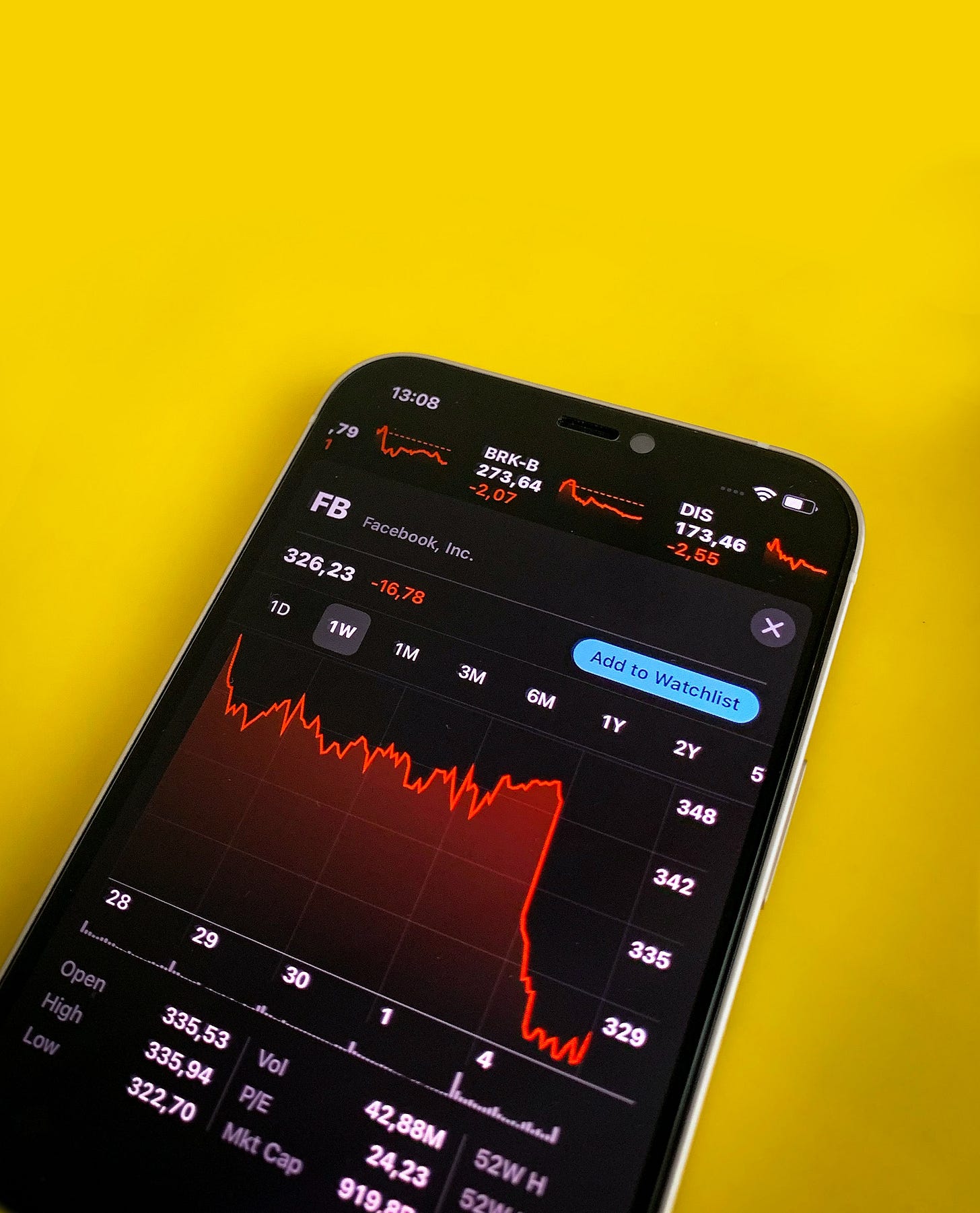The stock market is society’s ultimate Middlebrow institution. In Plato’s Republic, people who work on Wall Street would likely be classified as “Hoi Epikouroi,” or the administrators who function as a state’s middle management. They have considerable economic influence, but lack the monopoly on violence enjoyed by those in government. Basically they are middle management and thoroughly Middlebrow. Educated? Yes. Intellectual? Never to the point of financial sacrifice. “Pragmatic,” would be the self-flattering claim. But a lot of what happens on Wall Street day-to-day, isn’t what you’d think and sometimes major news events make that clear.
The stock market, bond market, commodities markets and currencies market (collectively “the capital markets”) are meant to function as short-term gauges of sentiment and long-term mechanisms for measuring value. But that explanation, attributed to value investor Benjamin Graham who described the stock market as a short-term voting machine and a long-term weighing machine obscures what's been going on, at least since the mechanization of financial markets that started in the late 1970s. There’s a reason why Federal Reserve chairman Paul Volcker once called the ATM the only “useful innovation” in banking -- it paved the way for removing human interaction and judgment from financial transactions, a path we’ve barrelled down ever since.
The Middlebrow always sympathizes with the news media, but did stock investors really collectively decide less severe consequences for Putin’s military aggression are good for the world economy? This happens all of the time, of course. Seemingly good news is met by stock market declines and seemingly bad news is met by huge gains. Favorable GDP growth or unemployment numbers lead to a sell off, for example, and we are told this is because investors think this means the economy is too strong and that central banks will raise interest rates to slow it. Or, we see massive booms after the United States has its credit rating downgraded, as happened in the summer of 2011 (the market fell at first, but quickly rebounded).
The problem here is the “voting machine” analogy. On election day, voters really do declare a long term preference, one they cannot rescind tomorrow or even a minute after they’ve voted. So the day-to-day votes are not consequential. Imagine if you could make somebody president but then sell them in exchange for a different candidate if they deliver bad news.
On a daily basis, many decisions to buy and sell stocks are based on less than that. Deutsche Bank estimates that 80% of cash equity trades are algorithmic. They are executed with no human input beyond the design and execution of the algorithms that guide them. These trades are not based on complex thinking like, “this shipping company will be hurt by rising fuel costs.” The actions here are mostly driven by financial metrics, usually price. Somebody has figured out that when certain types of stocks fall by 10%, they often rebound by 8%, and so they set a rule to buy stocks down 10 and hold them until they go up 8. If that works more often than not, the algorithm gets to keep playing. If not, it gets retired. The algorithms are self-reinforcing. People notice the down 10, up 8 pattern and deploy their own algorithms to profit from it. Eventually, people create other algos to arbitrage that pattern and it dissolves. Nobody is even thinking about the companies involved. This is all tickers, metrics and “best execution,” which means the ability to complete the trade without transaction costs or moving the price around.
Obviously, the algorithms are more varied and complex than the “down 10, up 8” scenario that The Middlebrow made up. The algos are more numerous and might concentrate on any number of financial metrics from price to ratios like price to book value or even to chart-based patterns that are interpreted by the same visualization software being utilized for autonomous vehicles. But don’t let the alphabet soup of algorithms confuse you. They may be many and may seem exotic, but none involve deep understanding or cognition.
The market goes up on days when bad things happen and down on days when good things happen not because people are casting considered votes but because the machines are built that way. They think and act based on abstractions. Hopefully, it adds up into something coherent in the long run, but daily prices truly are a random walk.


